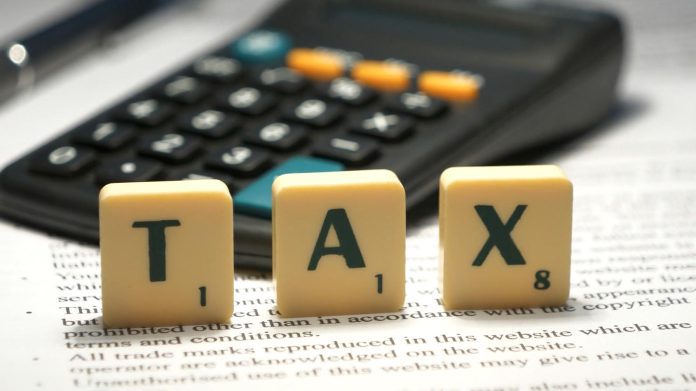
Tax on Property Income: Home is considered suitable for both living and investment. It can create a source of regular income in the form of rent. However, tax liabilities are also made on them.
Many people turn to real estate for investment. In real estate too, there are many people who like residential property. There are generally two advantages of this type of investment. One is that it becomes a source of regular income in the form of rental, and secondly, the value of the property increases over time and thus gives handsome returns.
Income from home is not tax free
However, like other earnings, this too is not tax free. If you are earning from home, then your tax liability is being created. Whether you are earning from rent or selling the property after some time, tax liability arises in both the cases. Just the method of tax liability is different in both the cases. Today we are going to tell you about this in detail.
Tax on sale proceeds
First of all, let’s talk about the earning from selling after some time. There are two types of tax on the profit made from the sale of the house, that is, the capital gain. If the house is sold after holding it for 2 years or more, it will be considered as long term capital gain. The capital gain amount will be taxed at 20% after indexation benefit. At the same time, the profit made from selling the house before 24 months will be considered as short term capital gain. This profit will be added to the regular income of the person and will have to be taxed according to the tax slab.
How can you save tax money
In some cases, tax can also be saved here. Section 54 of the Income Tax Act gives relief from tax on the income earned from selling the old house i.e. buying a second house from capital gain. This benefit is available only in case of long term capital gain. The Income Tax law assumes that the seller’s objective in such cases is not to earn money by selling the house, but to find a suitable home for himself.
Which type of property will get tax exemption on purchase?
Section 54 of the Income Tax Act clearly states that capital gain should be used only for the purchase or construction of a residential property. That is, tax exemption will not be available on buying commercial property. In the case of land, an amount equivalent to capital gains tax can be claimed as exemption on purchase of a plot of land and construction of a house. Tax exemption will not be available only on buying land. From the financial year 2023-24, tax exemption can be taken by investing in residential property only on capital gains up to Rs 10 crore. Long term capital gains tax will be levied on profits in excess of this.
How long will it take to buy a residential property?
Under section 54, the new house has to be purchased within 2 years from the date of transfer of the old property to avail the tax exemption. Whereas, in case of construction, the house should be completed within three years. If you buy a new house even a year before selling the old property, you can avail the exemption.
Tax liability on rental income
On the other hand, if your earning is being done in the form of rent, then you will have to show it in your income tax return. It can be shown in Income from other sources. This income will be added to your other income and after that you will have to pay tax according to the tax slab that will be formed. Taxpayers do not show this kind of income honestly, that is why PAN card has been made mandatory if the rent exceeds a limit.





